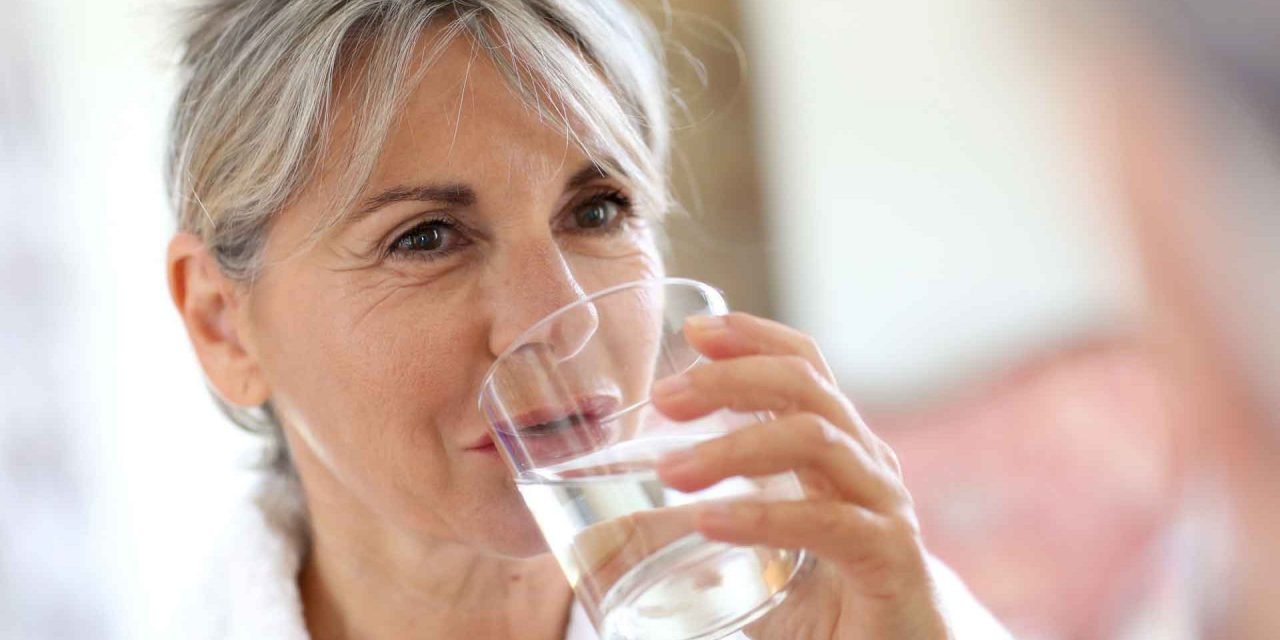ALKAMAGNUM IN THE GOLDEN AGE

When we are small, our body is composed of 85% water. But, as we grow, this amount decreases to 70% and when we are older adults, it reaches only 60%. That is why proper hydration is very important for people over the age of 65.
In general, older adults do not have the sensation of thirst and if there is no one watching them drink water, they do not do it. Helping older adults hydrate is everyone’s job. If we do not start encouraging hydration today, tomorrow it may be too late.
Ionized water has physical and chemical properties that are beneficial to the body and it is also the ideal medium for the transport of substances, being indispensable in the processes of digestion, absorption, distribution of nutrients, transport and disposal of toxic elements.
An older adult weighing around 60 kilograms should consume at least one and a half liters of water per day so that his or her body can achieve a water balance, i.e., that the amount of water ingested is equal to the amount eliminated.
The main sources of fluids are water and food. To know if an older adult ingests the correct amount, we can measure the urine in 24 hours, discarding the first urine of the day and -from then on- collecting it until the first urine of the following morning. If the total is less than 500 cubic centimeters, is dark and has an intense odor, then we should be alarmed. If it is clear and abundant, there is no problem.
Lack of water in the body can cause cardiovascular disorders, digestive disorders, retention of toxins, kidney failure, complete kidney failure, headaches, brain disorders, diabetes, and other consequences.
It is recommended that older adults consume 6 to 8 glasses of water daily. In the morning and afternoon, two at a time every 30 minutes and at night, 2 every hour.
Se recomienda que los adultos mayores consuman de 6 a 8 vasos diarios de agua. En la mañana y tarde de dos en dos cada 30 minutos y durante la noche, 2 cada hora.

If older adults consume ionized water, they will have many benefits, among them, the following 10 are highlighted.
- Lubricates joints.
- Prevents cramps.
- Reduces viral infections such as flu or influenza.
- Reduces the production of kidney stones.
- Reduces urinary tract infections.
- Reduces gum inflammation, cavities and other mouth diseases.
- Reduces the risk of heart attack.
- Improves digestion and prevents constipation.
- Decreases the risk of depression.
- Decreases mortality.
